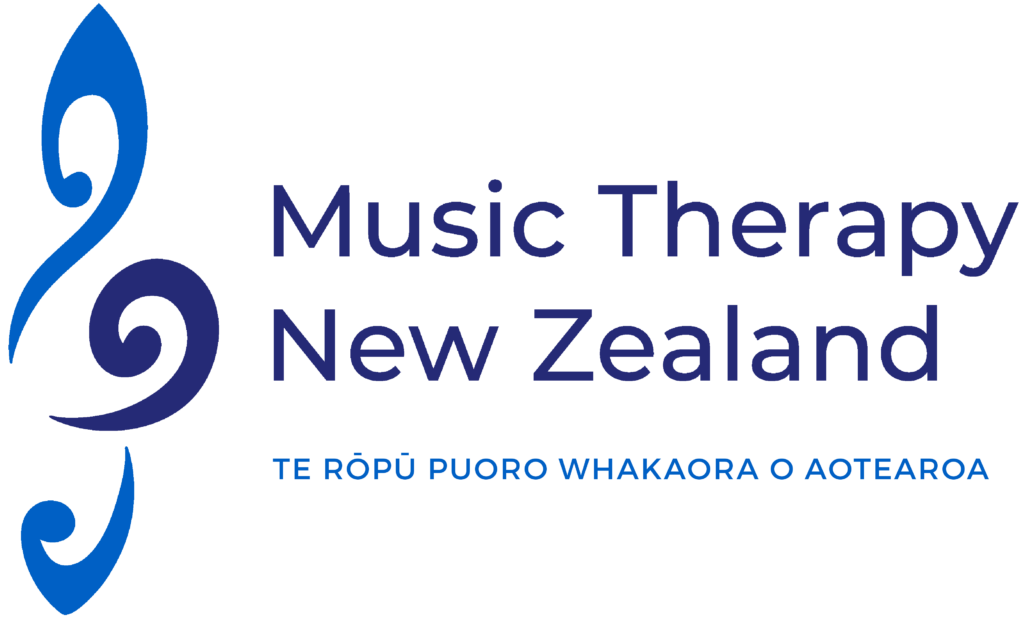Sarah Hoskyns, PhD, LGSM (MT), FGSM, ARCM, NZ RMTh, HCPC (UK) Music Therapist
New Zealand School of Music – Te Kōkī, Victoria University of Wellington
Keywords: Music therapy training, improvisation, research method.
Abstract
This article explores an aspect of the findings from a completed doctoral study using a qualitative case study methodology. The field of inquiry was teaching and learning in music therapy, and the participants in the study were international practitioners, researchers and students in the discipline. Music therapists in many international contexts in the 21stcentury are trained to be responsive improvisers, meeting the needs of a wide range of participants with flexible music-making. Using the musical and reflexive skills of music therapists in research has been gaining increased traction in the music therapy literature, both in qualitative and mixed methods research (Wheeler & Murphy, 2016). The experience of using musical improvisation as a stimulus for reflection with research participants was an enlightening process in this study and is illustrated in the article. Moreover, the creativity of research exploration, using reflexive methods to build ideas about practice, to “improvise theories” and to make meaning in what musical or arts practitioners do was seen to have particular value by the researcher and participants in this study. Although such qualitative findings cannot be generalised, it is anticipated that readers may recognise these themes as relevant to their own work.


